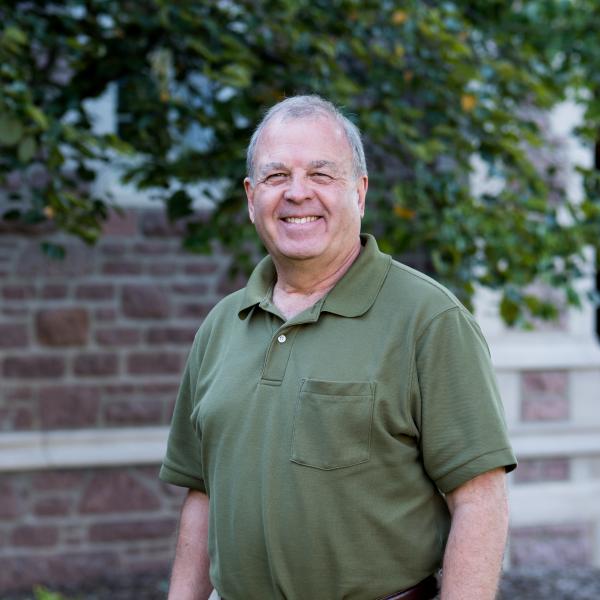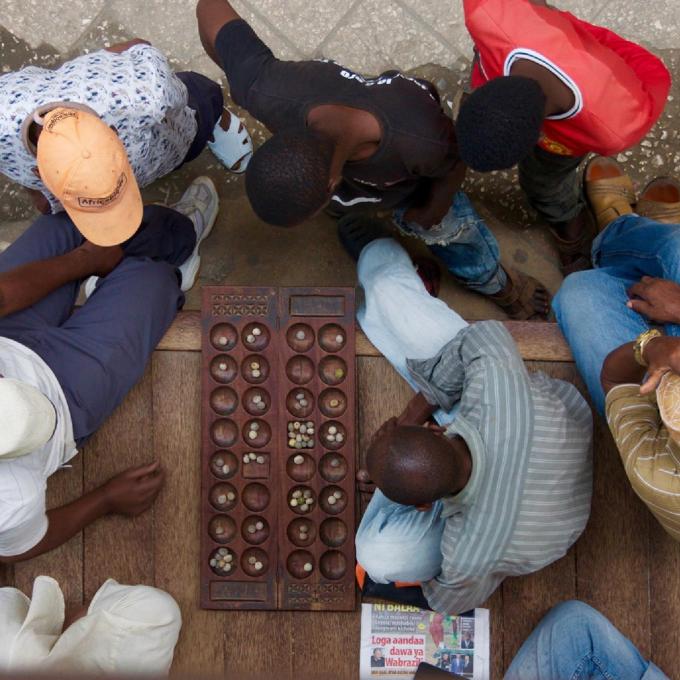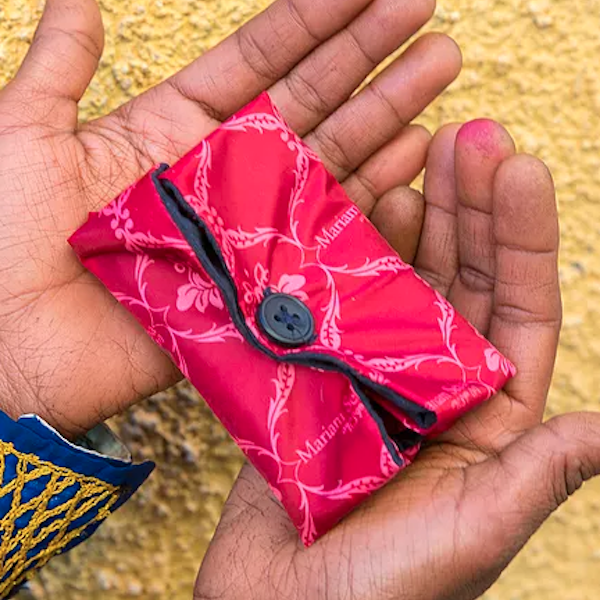Selected Publications
2020. Wall LL. The nature of suffering, healthcare “providers,” and the opioid crisis. Obstetrics and Gynecology (in press).
2020. Wall LL. Henry Van Roonhuyse and the first repair of a vesico-vaginal fistula (~1676). International Urogynecology Journal (in press).
2019. Wall LL. Tears for My Sisters: The Tragedy of Obstetric Fistula. Baltimore: Johns Hopkins University Press.
2019. Emasu A, Ruder B, Wall LL, Matovu A, Alia G, and Garageine JK. Reintegration needs of young women following genitourinary surgery in Uganda. International Urogynecology Journal 30:1101-111.
2019. Kuhlmann AS, Berquist EP, Danjoint D, and Wall LL. Unmet menstrual hygiene needs among low-income women in St. Louis, MO. Obstetrics & Gynecology 133:238-244.
2018. Wall LL, Teklay K, Desta A, and Belay S. “Tending the monthly flower:” A qualitative study of menstrual beliefs in Tigray, Ethiopia. BMC Women’s Health 18:183.
2018. Ouedraogo I, McConley R, Payne C, Heller A, and Wall LL. Gurya cutting and female genital fistulas in Niger: Ten cases. International Urogynecology Journal 29:363-368.
2018. Ouedraogo I, Payne C, Nardos R, Adelman AJ, and Wall LL. Obstetric fistula in Niger: Six-month post-operative follow-up on 384 patients. International Urogynecology Journal 29:345-351.
2017. Kuhlmann AS, Henry K, and Wall LL. Menstrual hygiene management in resource-poor countries. Obstetrical and Gynecological Survey 72(6):356-376.
2016. Wall LL, Belay S, Bayray A, Salih S, and Gabrehiwot M. A community-based study of menstrual beliefs in Tigray, Ethiopia. International Journal of Gynecology and Obstetrics 135:310-313.
2014. Berhe Y, Wall LL. Uterine rupture in resource-poor countries. Obstetrical and Gynecological Survey 69(11):695-707.
2014. Berhe Y, Gidey H, Wall LL. Uterine rupture in Mekelle, northern Ethiopia, between 2009 and 2013. International Journal of Gynecology and Obstetrics 130:153-156.
2014. Wall LL. A ‘bill of rights’ for the patient with obstetric fistula. International Journal of Gynecology and Obstetrics 127:301-304.
2012. Preventing Obstetric Fistulas in Low-Resource Countries: Insights from A Haddon Matrix. Obstetrical and Gynecological Survey; 2012;67:111-121.
2012. Obstetric fistula is a ‘neglected tropical disease;’ PLoS Neglected TropicalDiseases 6(8): e1769. doi:10.1371/journal.pntd.0001769
2012. Overcoming Phase I delays: The critical component in obstetric fistula prevention programs in low-resource countries; BMC Pregnancy and Childbirth 2012, 12:68; http://www.biomedcentral.com/1471-2393/12/68
2012. A framework for analyzing the determinants of obstetric fistula formation; Studies in Family Planning 2012;43(4):255-272.
2011. Ethical concerns regarding surgical operations on vulnerable patient populations: The case of obstetric fistula. HEC Forum 2011 DOI 10.1007/s10730-011-9153-x
2010. (with A Browning and J Allsworth). Female genital cutting and obstetric fistulas. Obstetrics and Gynecology 2010;115:578-584.
2009. Wall LL (with D. Brown). The ethical perils of commercially-driven surgical innovation. American Journal of Obstetrics and Gynecology 2010;202:30.e1-4. (Published online 16 July 2009; doi:10.1016/j.ajog.2009.05.031)
2007. (with D. Brown). The high cost of free lunch. Obstetrics and Gynecology110(1):169-173, July.
2007. Did J. Marion Sims deliberate addict his first fistula patients to opium? Journal of the History of Medicine and Allied Sciences 2007;62(3):336-356, July; published online: DOI: 0.1093/jhmas/jrl045.
2007. (with AB Wittman). The evolutionary origins of obstructed labor: Bipedalism, encephalization, and the human obstetric dilemma. Obstetrical and Gynecological Survey 2007;62(11):739-748, November.
2006. Obstetric vesicovaginal fistula as an international public health problem. Lancet 368(9542):1201-1209 (30 September 2006).
2006. (with SD Arrowsmith, AT Lassey KA Danso). Humanitarian ventures or ‘fistula tourism’? The ethical perils of pelvic surgery in the developing world. International Urogynecology Journal 2006;17(6):559-562; published online doi: 10.1007/s00192-005-0056-8.
2006. (with D. Brown). Refusals by pharmacists to dispense emergency contraception: A critique. Obstetrics and Gynecology 107(5):1148-1151.
2006. (with D. Brown)). Regarding zygotes as persons: Implications for public policy. Perspectives in Biology and Medicine 2006(4):602-610.
2006. The medical ethics of Dr. J. Marion Sims: A fresh look at the historical record. Journal of Medical Ethics 32(6):346-350.
2004. (with JA KarshimaJ, CKirschner, SD Arrowsmith. The obstetric vesicovaginal fistula: Characteristics of 899 patients from Jos, Nigeria. American Journal of Obstetrics and Gynecology 190:1011-1119.
2004. (with D. Brown). Ethical issues arising from the performance of pelvic exams by medical students on anesthetized patients. American Journal of Obstetrics and Gynecology 190:319-323.
2004. (with JA Karshima, C Kirshner and SD Arrowsmith). The obstetric vesicovaginal fistula: Characteristics of 899 patients from Jos, Nigeria. American Journal of Obstetrics and Gynecology 190:1011-1119.
2002. (with D. Brown). Pharmaceutical sales representatives and the doctor/patient relationship. Obstetrics and Gynecology 100:594-9.
2002. Fitsari 'Dan Duniya': An African (Hausa) praise-song about vesico-vaginal fistulas. Obstetrics and Gynecology 100:1328-1332.
1998. Dead mothers and injured wives: The social context of maternal morbidity and mortality among the Hausa of northern Nigeria. Studies in Family Planning 29(4):341-359.
1996 (with S.D. Arrowsmith and E.C. Hamlin). "Obstructed labor injury complex:" Obstetric fistula formation and the multifaceted morbidity of maternal birth trauma in the developing world. Obstetrical and Gynecological Survey 51:568- 574.
1996. Ritual meaning in surgery. Obstetrics and Gynecology 88:633-7.
1996. (with K.A. Danso, JO Martey and TE Elkins). The epidemiology of genito-urinary fistulae in Kumasi, Ghana, 1977-1992. International Urogynecology Journal 7:117-120.
1996. The "noble savage" in labor; or, Claude Levi- Strauss has a baby. Perspectives in Biology and Medicine 40:33-44.
1988. Hausa Medicine: Illness and Well-being in a West African Culture. Durham, NC: Duke University Press.
1985. The strange case of Mary Toft (who was delivered of sixteen rabbits and a tabby cat in 1726). Medical Heritage 1:199-211.
1976. Anuak politics, ecology, and the origins of Shilluk kingship. Ethnology 15:151-162.
Honors and Awards
Rhodes Scholar, The Queen’s College, Oxford University
Fulbright-Hayes Scholar, Ahmadu Bello University, Zaria, Nigeria
International Social Science Doctoral Dissertation Fellow
Fulbright Scholar, College of Health Sciences, Mekelle University, Mekelle, Ethiopia
Mekelle University Gold Medal for meritorious contributions to medical education
Teacher of the Year, Department of Obstetrics and Gynecology, Washington University in St. Louis.
National Continence Care Champion, National Association for Continence
Washington University School of Medicine Distinguished Faculty Award for Community Service
St. Louis Ethical Society James F. Hornback Award as Ethical Humanist of the Year



